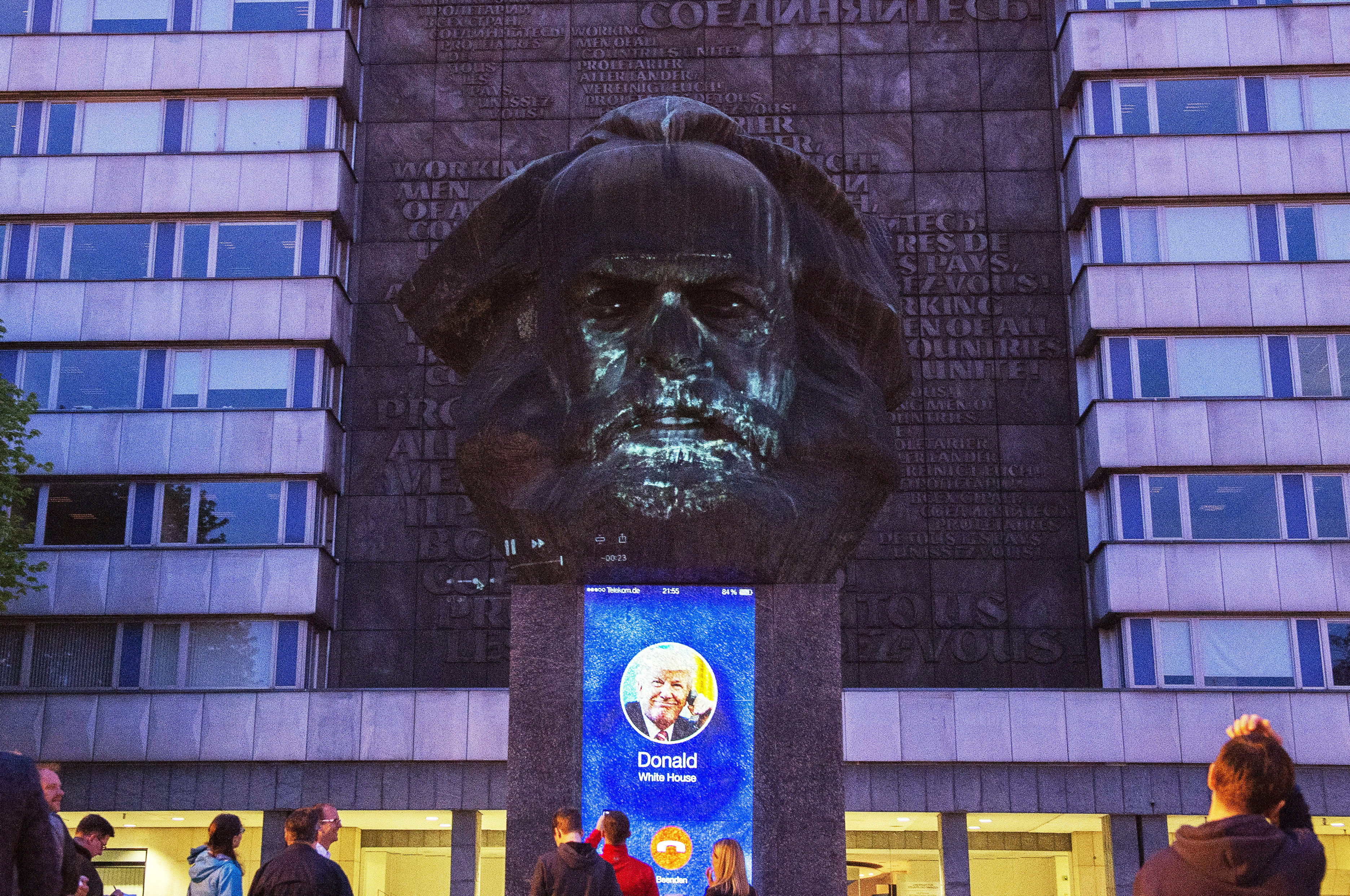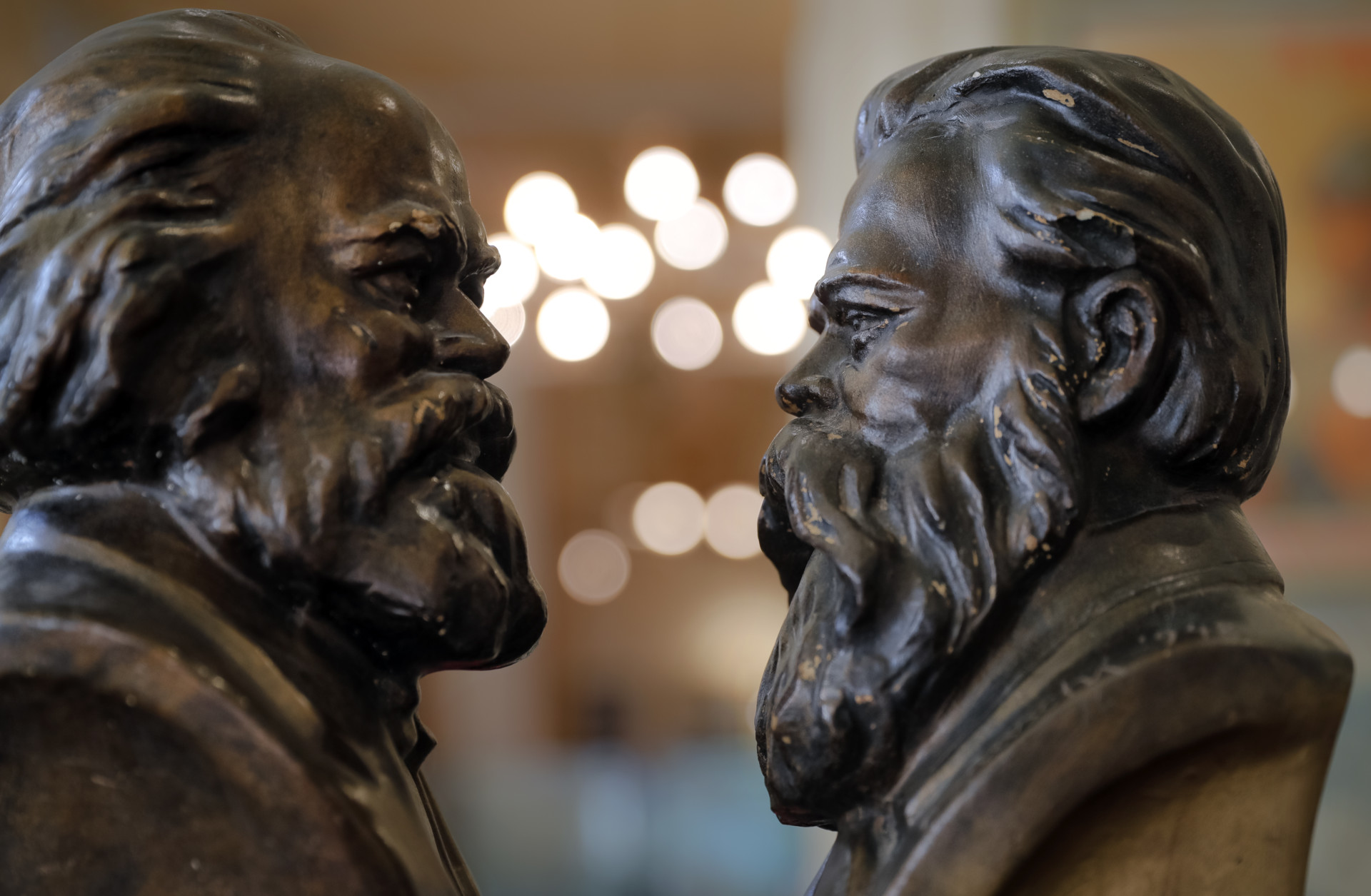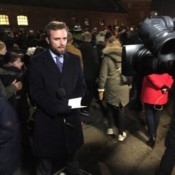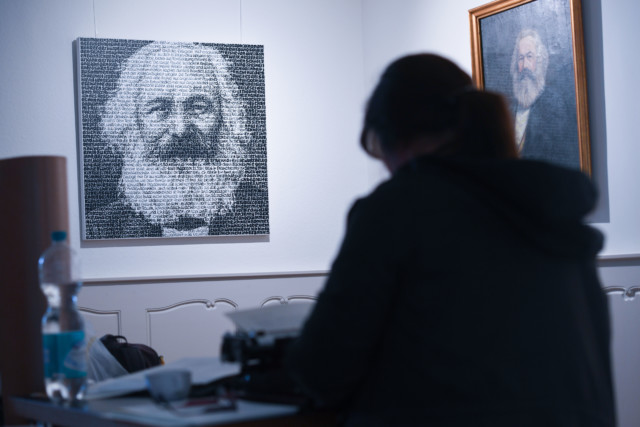This year’s May 5 marks the 200th anniversary of the birth of Karl Marx. He was a German philosopher, economist and one of the most influential figures of the 19th century.
At a commemoration event in Beijing, Chinese President Xi Jinping said Marxism should be used as guidance to tackle challenges in governance and development. This year is also the 170th anniversary of the publication of the Communist Manifesto.
CGTN’s Guy Henderson reports on Karl Marx’s legacy from Berlin.
Karl Marx was born and educated in Germany, but it was nearly a century later that his name became well-known in his home country, and around the world.
The 1917 Russian Revolution claimed to have its roots in Marx’s analysis of capitalism. That spawned one of the great stand-offs of the 20th century between east and west: between capitalism and communism.
The line between the two was drawn at the Berlin Wall. That begs the question, 200 years on, of whether or not this great German thinker bears any responsibility for that historic divide.

A video installation illuminates the Karl Marx Monument during a press preview in Chemnitz, eastern Germany, Thursday, May 3, 2018. (AP Photo/Jens Meyer)
“Marx is not personally responsible for the wall but the wall was a consequence of his theory. A theory, which was also based on violence. He imagined the communist revolution to be violent. Not peaceful,” Historian Stefan Wolle of Berlin’s GDR Museum explained.
“Marx developed a theory of communism but he never said that anyone who has a different opinion should be put in prison. Nor did he say that a whole group of people should be locked up behind a wall and barbed wire.”

In this Tuesday, Jan. 30, 2018, picture, busts of Friedrich Engels, right, and Karl Marx are on display at an auction house in Bucharest, Romania. (AP Photo/Vadim Ghirda)
The old East German authorities allowed a statue of Marx and his mentor, Freidrich Engels, to be erected back in 1986. When the Berlin Wall fell, it survived and it still receives a steady flow of visitors.
 CGTN America
CGTN America
 A picture taken on May 3, 2018 shows a woman sitting in front of portraits showing German philosopher Karl Marx displayed at Karl Marx’ birth house in Trier, southwestern Germany (portrait at L is made by German artist SAXA). [AFP PHOTO / Patrik STOLLARZ]
A picture taken on May 3, 2018 shows a woman sitting in front of portraits showing German philosopher Karl Marx displayed at Karl Marx’ birth house in Trier, southwestern Germany (portrait at L is made by German artist SAXA). [AFP PHOTO / Patrik STOLLARZ]
